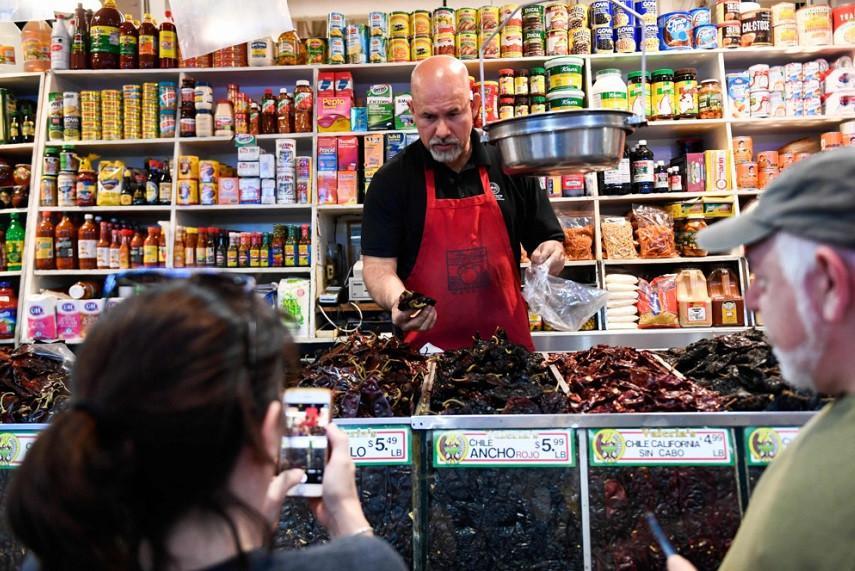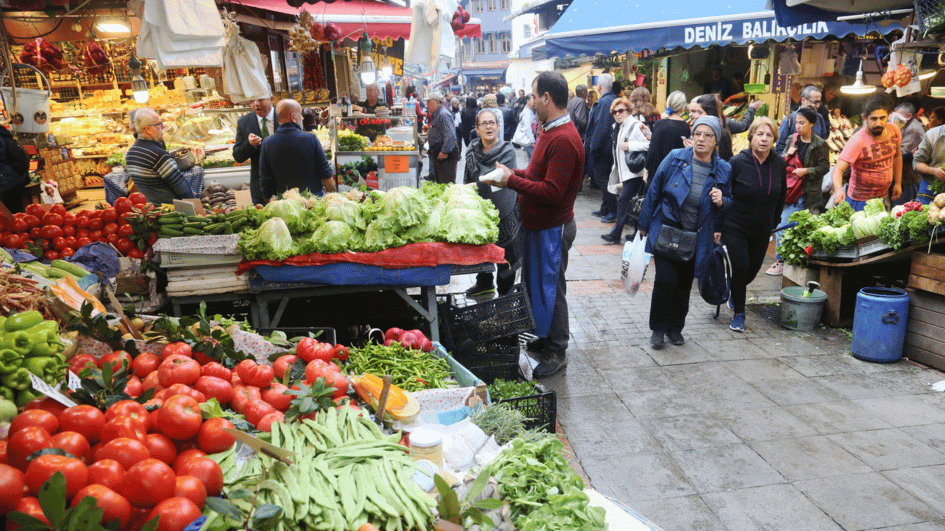US central bank set to hike rates to tame inflation
WASHINGTON

Surging prices for fuel, food and housing have sent U.S. inflation to the highest in four decades, and the Russian invasion of Ukraine has made the situation worse, so the Federal Reserve is preparing to take action this week.
But the central bank’s efforts to put out the inflation fires will be complicated by the prospect the war and wide-ranging sanctions imposed on Russia will disrupt trade flows and undermine the U.S. economic recovery.
The policy-setting Federal Open Market Committee holds its two-day policy meeting this week, with an announcement set for March 16, when it is poised to begin raising the benchmark lending rate that was cut to zero at the start of the COVID-19 pandemic in March 2020.
That would be the first in a series of rate hikes, but amid the rising uncertainty, some economists think policymakers may move less aggressively than previously expected as they weigh the competing forces on the economy.
“The Fed is being tugged in two different directions by the massive increase in energy prices that’s taken place over the last few weeks,” David Wilcox, a former senior advisor to three successive Fed chairs, told AFP.
While higher inflation justifies the tightening moves, “the reduction in purchasing power that households are experiencing ... would call for a more accommodative stance of policy, a more cautious approach,” said Wilcox, now with the Peterson Institute for International Economics and Bloomberg.
Markets are pricing in about six rate hikes this year, but Grant Thornton Chief Economist Diane Swonk expects seven, while Wells Fargo raised their forecast from five to six - which would still leave the policy rate below 2 percent.
The annual consumer price index in February hit 7.9 percent. “Just about everything that makes up inflation is going bonkers to the upside,” Adam Sarhan of 50 Park Investment told AFP, adding he fears it’s the kind of rapid increase that can lead to a recession.
















